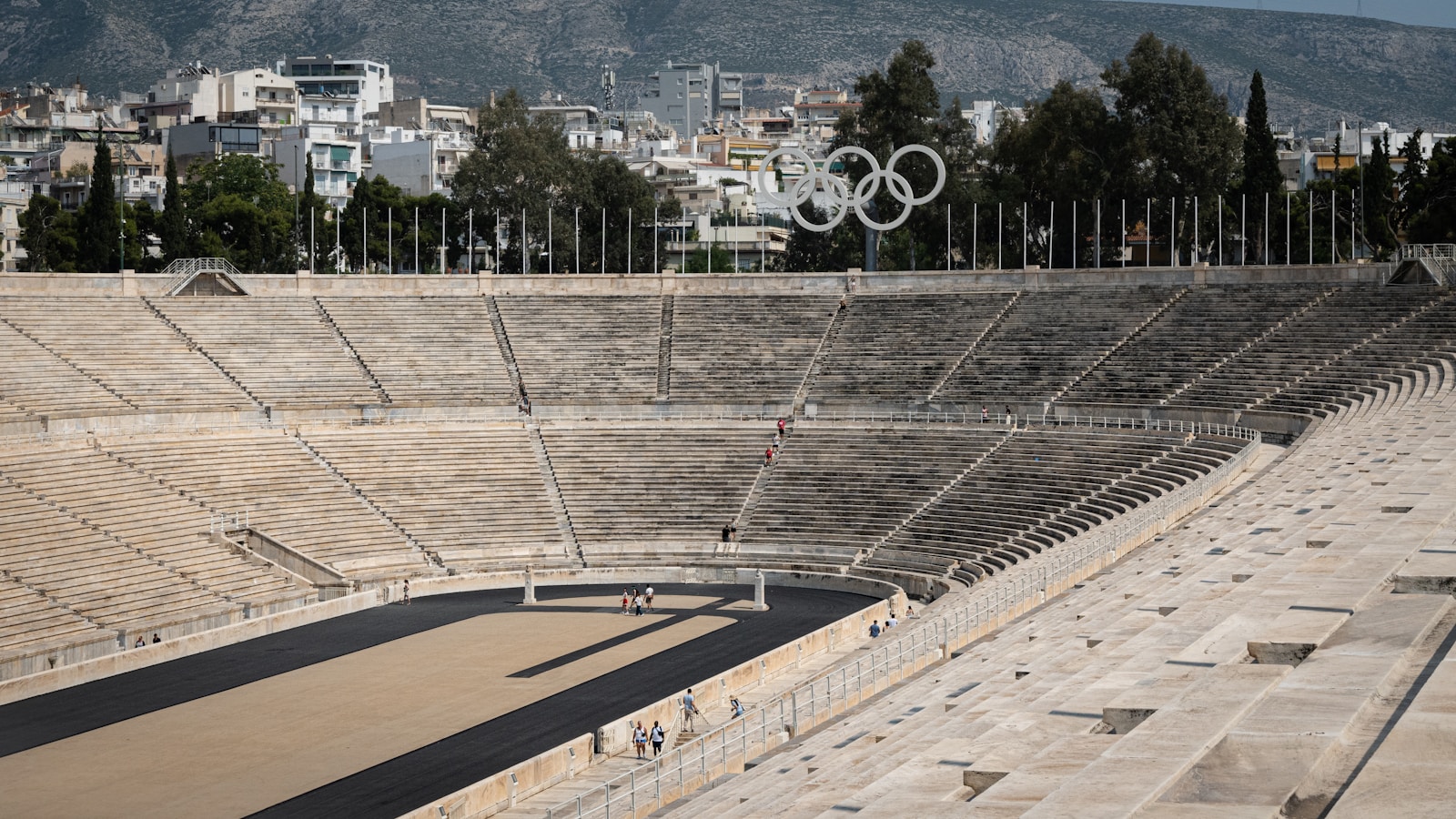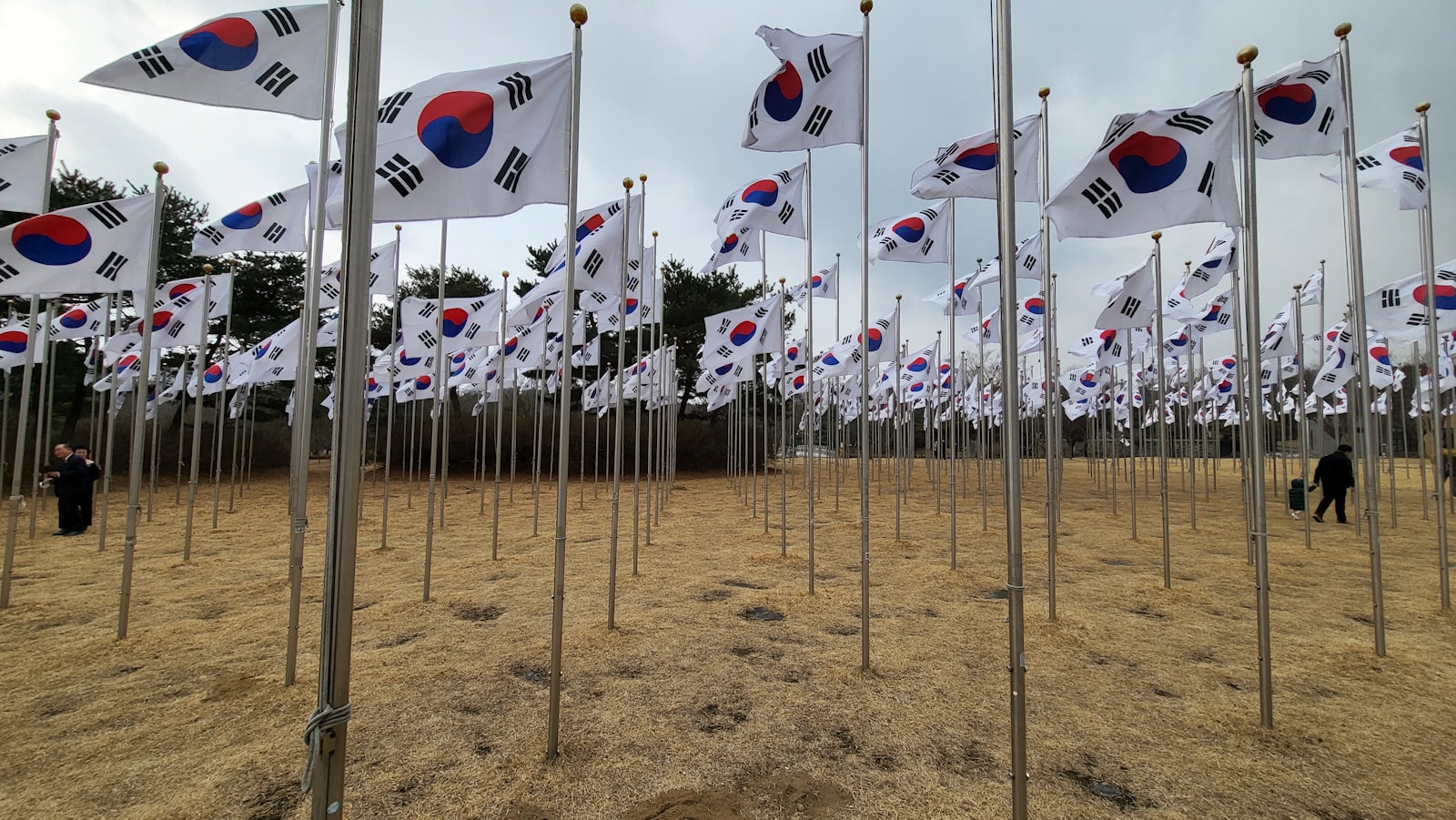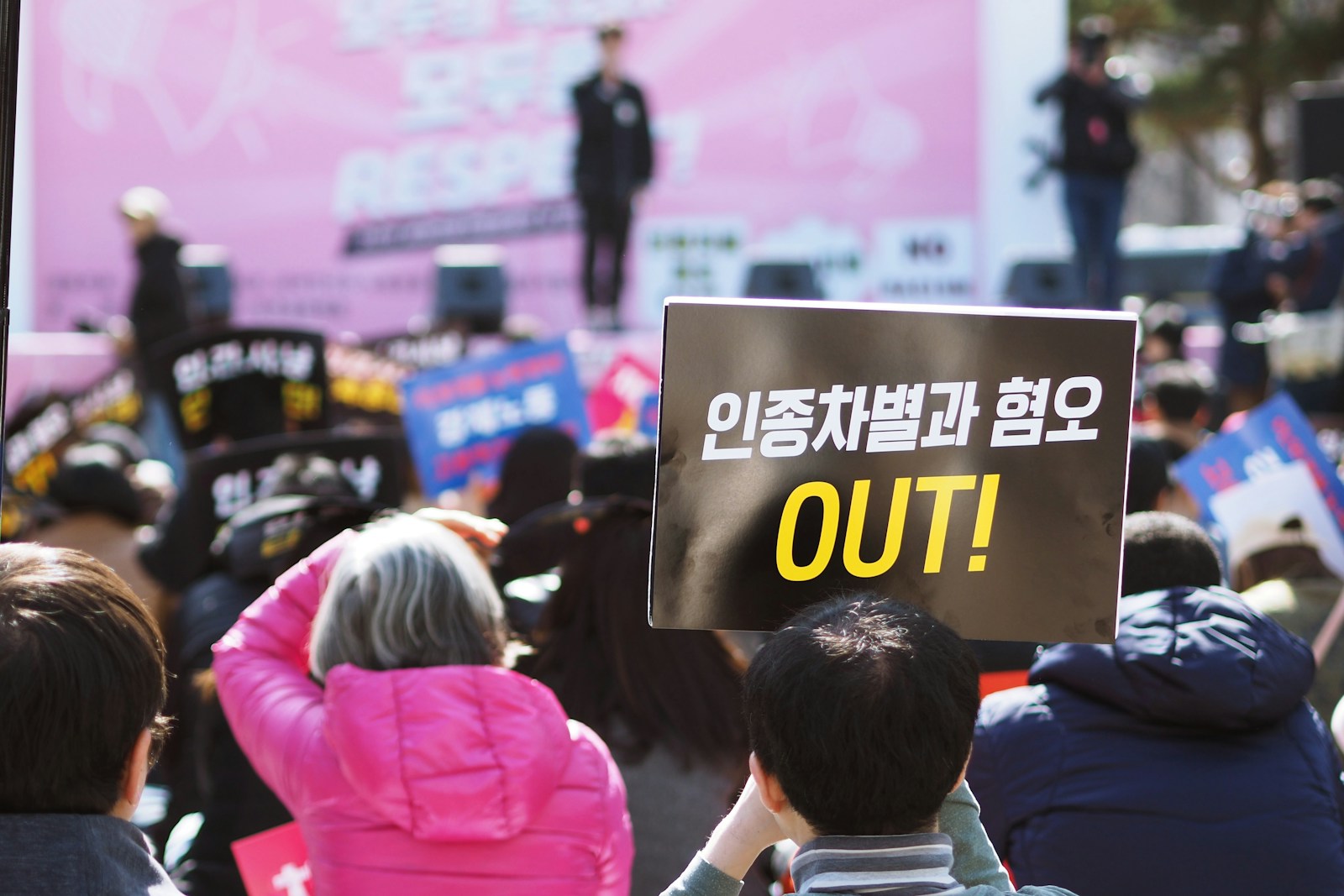The Argosy Debates: Does the Modern Olympic Games Still Have a Purpose?

Editor's Note: With ballooning costs, doping scandals, and a viewership that is steadily aging, the Olympic Games are at a crossroads. Does the ideal of bringing the world together through sport still hold power, or has the reality of money and politics tarnished the flame for good?
The Enduring Power of the Olympic Narrative
By Yonghyuk Choi
It has become fashionable to be cynical about the Olympic Games. Critics point to the corruption within the IOC, the immense cost to host cities, and the rampant commercialism. These criticisms are valid, but they miss the fundamental, and irreplaceable, purpose of the Games: its power as a global storyteller. For two weeks every two years, the Olympics offer something that no other event in the world can: a shared narrative.
In a fractured, polarized world, the Olympics are a rare moment of collective experience. Billions of people tune in to watch not just the superstars, but the athletes from small nations who have trained their entire lives for a single moment of glory. The Olympics create national heroes and global icons. Think of the cultural impact of Kim Yuna's figure skating, or the national pride that swelled during the 1988 Seoul Olympics. These are moments that transcend sport and become part of a nation's identity.
The Games provide a platform for human drama that is pure and universally understood: the agony of defeat, the ecstasy of a hard-won victory, the quiet dignity of sportsmanship. Yes, the Olympics are a commercial enterprise. But at its core, it is still a stage for the world's greatest athletes to push the limits of human potential. It is a reminder of what we can achieve when we compete peacefully. That narrative, however imperfectly presented, is more valuable and necessary today than ever before. It is a story worth telling, and a spectacle worth preserving.
A Spectacle of Commercialism and Inequity
By Saerom Kim
The beautiful narrative my colleague describes is precisely the problem. It is a carefully constructed, televised fantasy that masks a deeply problematic and often destructive reality. The modern Olympic Games have strayed so far from their founding ideals of amateurism and unity that they have become a caricature, a bloated spectacle of commercialism and nation-state branding that does more harm than good.
Let's start with the host cities. The promise of urban renewal and economic boom is almost always a lie. Cities spend billions of dollars on specialized venues that often fall into disuse and decay after the two-week festival is over. Worse, the process often leads to the displacement of low-income communities to make way for stadiums and Olympic villages, a brutal social cost for a temporary party. The Games have become a machine for transferring public wealth into the hands of private construction companies and the unaccountable members of the IOC.
Furthermore, the Olympics have become a platform for "sportswashing," allowing authoritarian regimes to use the spectacle of the Games to launder their international reputation and distract from human rights abuses. The idea of peaceful global unity rings hollow when the Games are held in a country that is actively persecuting its own citizens.
The narrative of individual athletic achievement is real and inspiring. But we don't need the corrupt, bloated, and exploitative structure of the modern Olympics to celebrate it. We can and should support athletes through world championships and other competitions that don't require bankrupting cities and legitimizing repressive regimes. It is time to let go of our nostalgia for a romanticized ideal and admit that the modern Olympics have become a force for inequity, not unity.



